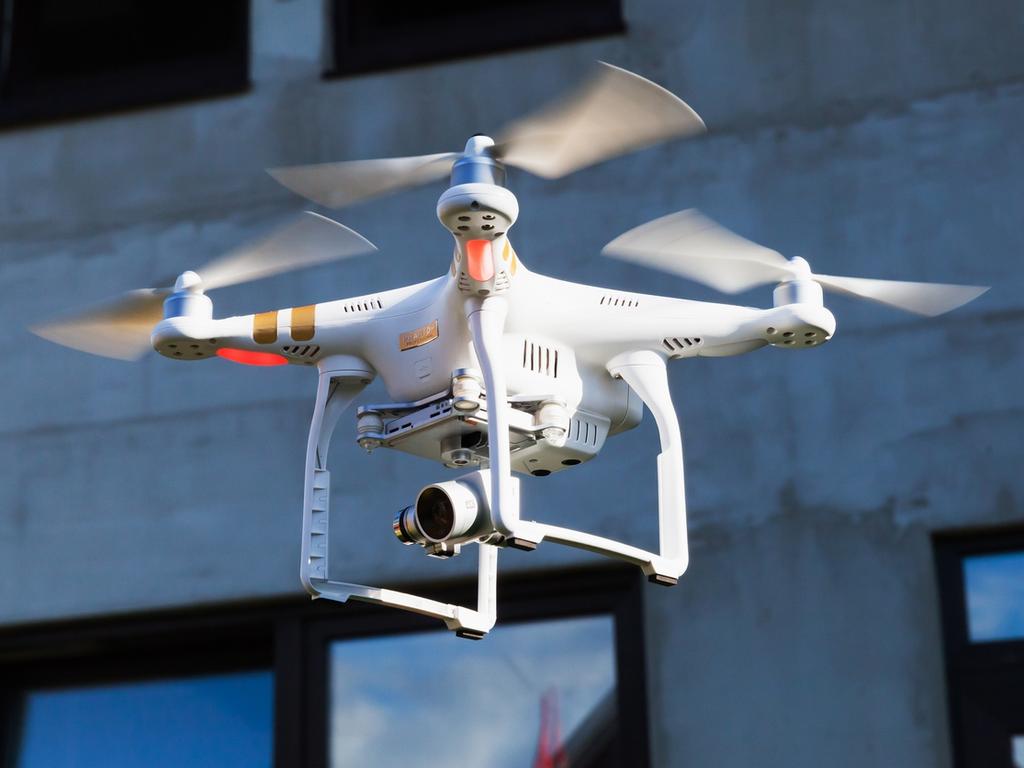West not supplying enough weapons to win Ukraine war, experts say
Strategic experts say the West is giving Ukraine only enough weapons to keep it afloat, rather than to win the war against Russia.

International strategic experts say the West is only supplying Ukraine with enough weapons to keep it afloat, rather than to win the war against Russia, which could be drawing out the brutal conflict and could result in a “messy” conclusion.
On Tuesday at an on-the-record Chatham House panel about the Russian invasion of Ukraine as the first anniversary approaches this week, Keir Giles, associate fellow, Russia and Eurasia program, said there were moral and practical arguments for ending the war as rapidly as possible, rather than acquiesce “to Russia’s game”.
Hours after US president Joe Biden visited Kyiv in a surprise visit and announced another $US500m injection of military hardware, hawkish analysts regarded this as being “cautionary”.
James Nixey, the Chatham House director of the Russia and Eurasia program said “Mr Biden is not seeking to defeat Vladimir Putin in a way that might invite escalation”. He added America didn’t want to invite a Russian victory, but didn’t want to leave the door open to being involved in another conflict.
“I think that caution is the stand out feature, and the overall trend in America does seem to be losing support (for ongoing Ukrainian assistance),” he said.

Mr Giles agreed saying: “There are not just moral, but practical, arguments for ending war as rapidly as possible and step away from the current approach of delivering too little just in time to keep Ukraine afloat instead of looking at ways of actually winning the war in order to reduce the costs and (loss of) lives and to reduce the risk of Putin being able to outlast the west. Most of all, it would be to make sure this reaches a successful conclusion instead of being dragged Ito the prospect of a stalemate.”
He believed that the West was showing “a failure of imagination”, and was instead playing Russia’s game by Russia’s rules.
He said western nations had isolated the Russian population from consequences of the Kremlin decisions and had succumbed to Russia’s desire “to change the conversation from escalation management to escalation avoidance”.
He said this had meant the West believed it could not offend or impede Russia for fear of inevitably risking nuclear escalation. He said this was “a spectacular success for Russia”.
Mr Giles labelled the war as a “one way conflict” because Ukraine is being held back, criticising decisions of western leaders stepping away from providing hardware in a timely fashion to be able to strike Russian forces in Russia.
Mr Nixey added that any attritional conflict, or long war, favoured the Russians and that the idea of bleeding Russia indefinitely was highly misguided, highly dangerous and possibly the worst strategy.
Another panellist, Dr Patricia Lewis, the director of International Security, had just returned from the Munich security conference and said there was “acute worry about China’s potential support for Russia” and whether a mooted Chinese peace plan or supplying of weapons may provide the Chinese with great leverage over Russia. She also noted “a really big disconnect” between European and transatlantic communities with the rest of the world.
“The transatlantic community, with some notable exceptions in certain political parties, see this war, that if it’s not nipped in the bud, it is the prelude to a much bigger wider European and possible world war,” she said.
“But the rest of the world sees it as a local spat in Europe that has happened before, and a lot of them feel agnostic and don’t care very much. They worry about the impact of it, but blame everyone equally.”








To join the conversation, please log in. Don't have an account? Register
Join the conversation, you are commenting as Logout